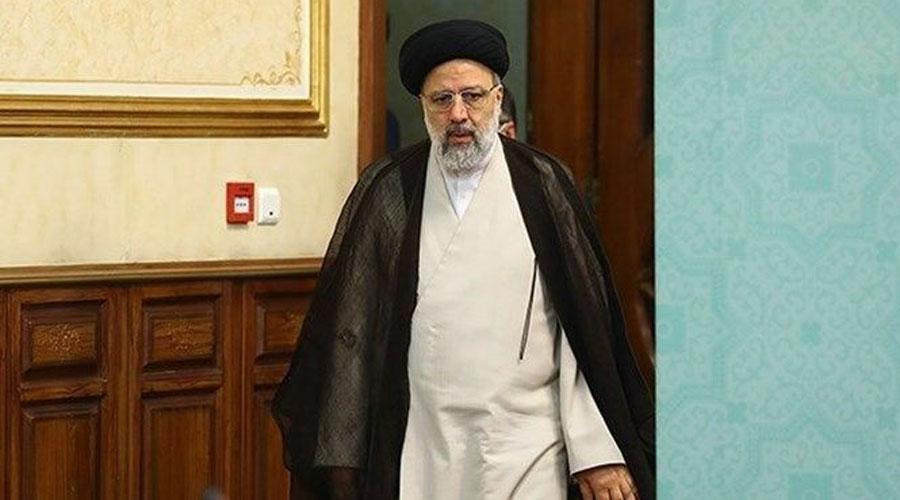Iran summoned the British and Norwegian ambassadors over what it said was interference and hostile media coverage of nationwide unrest triggered by the death of a woman detained by morality police, the semi-official ISNA news agency said on Sunday.
Demonstrations, which broke out more than a week ago at the funeral of the 22-year-old Kurdish woman, Mahsa Amini, have spread across the country and turned into the biggest wave of protest in years.
Iran’s state television says 41 people have been killed. Authorities have restricted Internet and mobile services to prevent footage of the protests and the response by security forces from getting out, activists say.
President Ebrahim Raisi has said Iran ensured freedom of expression and that he had ordered an investigation into the death in detention of Amini, who was arrested by police enforcing the Islamic Republic’s restrictions on women’s dress.
He also said that “acts of chaos” were unacceptable and that Iran must deal decisively with the unrest. At the United Nations, he said extensive coverage of Amini’s case was “double standards”, pointing to deaths in US police custody.
Iran’s foreign ministry summoned Britain’s ambassador on Saturday in response to the “hostile character” of London-based Persian language media, ISNA news agency.
The Norwegian envoy was also summoned to explain the “interventionist stance” of the country’s parliament Speaker, who has expressed support for the protesters on Twitter.
Amini’s death has reignited anger in Iran over issues, including restrictions on personal freedoms, the strict dress codes for women, and an economy reeling from sanctions.
Women have played a prominent role in the protests, waving and burning their veils. Some have publicly cut their hair as furious crowds called for the downfall of Supreme Leader Ayatollah Ali Khamenei.
Official news agency IRNA said on Sunday a member of the Basij, a militia under the umbrella of the Revolutionary Guards, died from injuries suffered in a clash with what it called rioters in Orumieh in northwest Iran, where many of Iran’s 10 million Kurds live.
It said his death occurred at a “critical juncture in the 43-year history of the Islamic revolution”, referring to Iran’s four decades of clerical rule since the overthrow of the Shah.
State media said 12 bank branches were destroyed in the unrest in recent days, and 219 ATMs have been damaged.
The Iranian human rights group Hengaw described the city of Oshnavieh, also in the country’s northwest, as “completely militarised”. It said the city was on strike, authorities were making arrests and at least five bodies were in the hospital morgue. Reuters could not verify the report.











